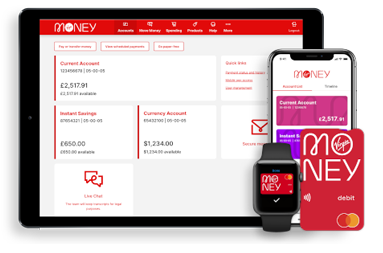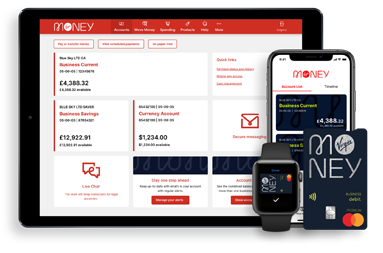Exiting your business voluntarily
< back to all business news articles
12/07/2017
A voluntary exit is when you decide to close down the business without selling to anyone else. It’s usually when you are the business (a consultant or professional working on your own), or the business is difficult to sell or pass on (a retail location with an expired lease). It needs to be planned carefully to make sure the transition goes smoothly for you and any employees.

Once you’ve made your decision, it’s best to let staff know as soon as possible so they can plan their next move. Then let your suppliers and customers know about your business’s closure. You may also wish to tell long-standing customers in person before placing an announcement on your website, social media, or sending an email to all your customers and suppliers.
If you have a long-term lease on your business premises, try to find another business to take over. You don't want to keep paying rent when the business is closed. This is often the first trigger point for a closing down date; when you've found someone to take that obligation off you.
The process of closing down
Once you’ve informed those key people, it’s time to start the process of closing your doors. You’ll need to:
- Sell assets and pay off any debt – start by selling assets that your business will not need to use before it closes, such as excess stock and rarely-used equipment. Once your business has ceased trading, sell your remaining assets such as computer equipment, office furniture and vehicles. If possible, find buyers for these items before you finish trading. Once you have finished, pay off your outstanding debts.
- Take care of your legal obligations – how you’ll close down will depend on your business structure. For example, a sole proprietor can make the decision on their own. If your business is a partnership or company the decision needs to be taken between you and your partners according to the guidelines established in your articles of organisation. You’ll also need to cancel registrations, permits, and licenses.
- Make sure your employees are paid – this needs to be done before their last day of work, and you may need to pay them out for any unused leave.
- Meet your tax obligations – again, this depends on your business structure. Talk to your accountant about any closing-down taxes you may be obligated to pay such as a final VAT payment, capital gains tax, and a final tax return.
After you’ve paid your business’s final tax bill and you’re sure there aren’t any other outstanding bills, you can close your business’s bank account and move any funds into your personal or savings accounts.
If you’re forced to close down it can be a stressful, emotional, and potentially isolating experience. Friends and family, mentors, and your network of business advisors are all on hand to provide support. If it’s an end of an era and you’ve come to the end of a natural business cycle, pat yourself on the back for a job well done.
Advice and resources
- Gov.UK has a great section on closing down your business.
This blog is not financial advice. The content of the blog is reliable at the time of publishing, but we can’t guarantee it is entirely free from error or omission beyond our knowledge. Links are provided for you to explore, but we have no connection with third party sites or responsibility for their content.
POSTED IN: Finance advice,2017
SHARE
Related Articles
You can find impartial information and guidance on money matters on the “MoneyHelper” website.
Clydesdale Bank is covered by the Financial Services Compensation Scheme (FSCS), Find out more.


